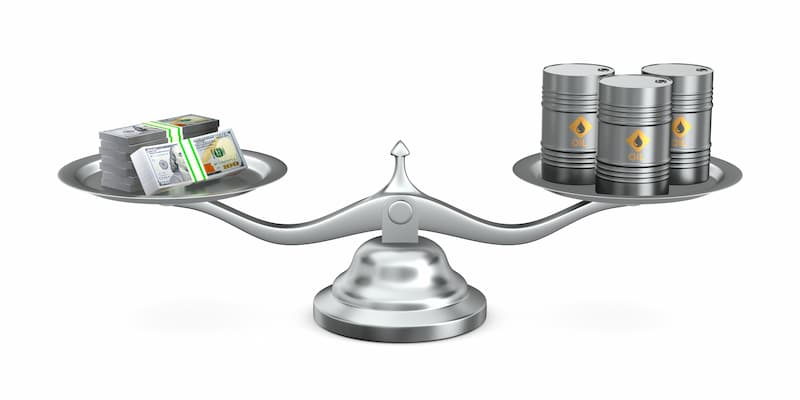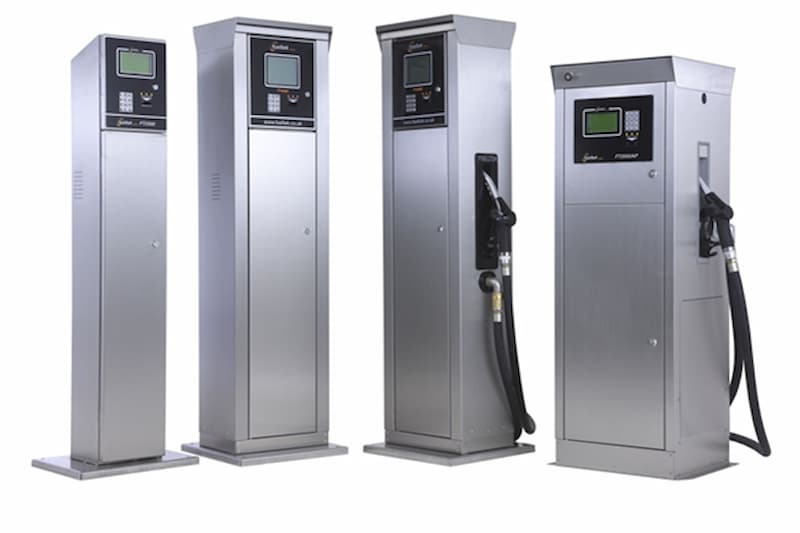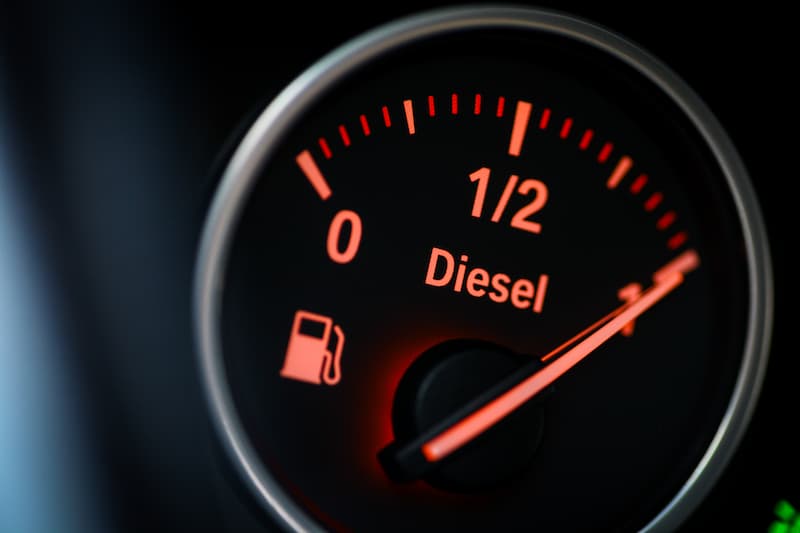How Fuel Management Reduces Operating Costs
Ensuring your fleet has enough fuel to operate at total capacity constantly is a frequent goal for any fleet manager. Unfortunately, this can lead to fuel being the most significant expense for your fleet operations.
Fleet management will provide considerable benefits for fleet managers and increase the profitability of their fleet work, but an absence of fuel management will always drag down this progress. Furthermore, the appropriate solution must also be customised to suit your needs with each fleet’s unique operations. Fortunately, there are many ways of implementing fuel management, and these can easily be incorporated into your existing processes and provide impressively positive results.

What Is Fuel Management?
Fuel management systems are effective ways for fleet managers to monitor and manage their fleet’s fuel, from how it’s acquired to how it’s used. Each system will be different to match the fleet’s needs, but they will all have beneficial elements in common. These systems are designed to accurately measure and track fuel inventories and the fuel dispensed. This information can be stored and be valuable data when exploring ways to improve your businesses.
We have provided detailed systems that can track fuel data remotely across your fleet using real-time monitoring, enabling managers to assess that usage and work to improve it. Our modern digital systems have surpassed the previously paper-based stocktaking or tank management and provide a far more efficient system.
For example, one of our most popular fuel management solutions is the FT4000. This straightforward yet sophisticated system is designed to be interfaced with any existing fuel pumps you may have on site, enabling you to quickly implement a high-quality fuel management system into your current operations. The system software works with a physical installation called a Fuel Access Control Terminal. This installed terminal will need to be placed near the fueling location as it will record any fuel transactions and wirelessly relay them back to the Fueltek FMO browser-based fuel management software.
Benefits of Onsite Fuel Management Systems
The easily collected data will provide your fleet operations with several benefits. When dealing with complex data, human error is common, and multiple errors will compound and create dramatically inaccurate results for your fuel status. Choosing an automated system eliminates these errors and creates a data set you can rely upon. Additionally, you can use the data you’ve collected and apply various helpful metrics to it and progress to your goal of reducing operating costs.
Helpful Fuel Management Metrics
A range of helpful metrics can be employed across your fleet to monitor fuel expenditure and reduce it. These metrics can easily be used with any existing fuel management systems or software to track fleet factors and ensure that your drivers, fuel and vehicles are all working at optimum levels. Effective fuel management is not limited to just how much is expended; many other factors will affect the total fuel usage daily, so it’s essential to ensure your fleet is most efficient in all aspects.
Fleet Asset Maintenance is an easy metric to ignore when considering your fuel usage, but ensuring your vehicles are working their best will affect your fuel usage. Daily vehicle inspection reports (otherwise known as DVIR) are an effective tool for monitoring the condition of your vital vehicles. This inspection allows managers to constantly be aware of the condition of the vehicles being depleted, engines in poor condition will use more fuel as they work and may even potentially break down unexpectedly. For example, suppose a lorry is inspected before each job. In that case, you can collect a perfect image of the state of the HGV, plan preventative maintenance and ensure it’s using only essential fuel to operate.
Driver performance metrics include monitoring odometers, GSP tracking and various telematics solutions to show how your drivers operate clearly. Much like the quality of your HGV engines affects your fuel consumption, more efficient driving will reduce fuel consumption. Conversely, inefficient behaviours such as vehicle idling, unnecessary overtaking and long-winded routes to their destinations will increase the fuel required for daily operations and costs.
Cost metrics will overlap with the previous two in some respects but focus more directly on the specific fuel cost of your current operations. This will cover a range of factors, such as the miles travelled per delivery, to analyse the fuel consumption rate of your fleet to the cost of purchasing the fuel in the first place.
A consistent goal for all fleet managers is to reduce costs. The metrics will assist any transport or haulage business by helping them monitor their fleet’s activities closely and enabling them to find the lax areas and improve them.
At Fueltek, we are specialists in supplying effective solutions for any commercial fleets that desire to reduce their fuel costs. Whether it’s our onsite fuel storage options or our online fuel management solutions, you can be confident that we can help you reduce your operating costs. If you have any questions about the services we could provide, feel free to contact us, and we’ll answer your questions.










